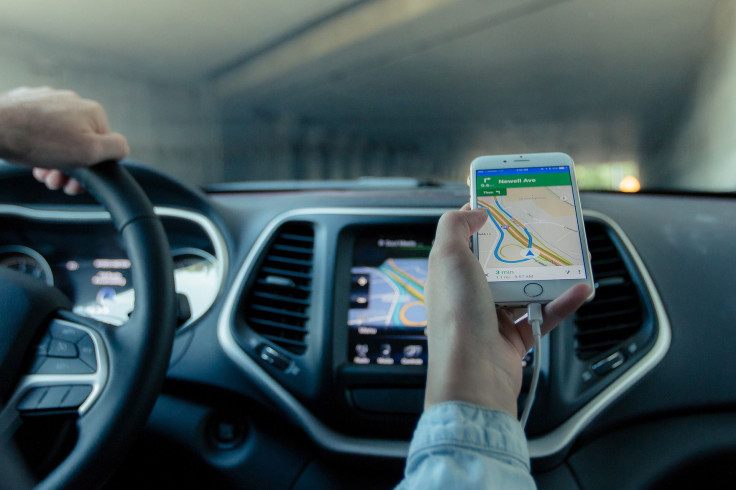Human Brain’s Built-In GPS Can Be Hijacked By Others: What Goes Wrong When We Get Lost

Have a bad sense of direction or constantly let others take the lead? Your brain’s internal GPS system may be to blame. Researchers from Kyoto University in Japan wanted to figure out what happens in the brain as it navigates through a maze, so they put a small group of participants to the test. Their findings, published in the journal Scientific Reports, reveal why the brain steers us in the wrong direction and how it gets us lost in the first place.
"When people try to get from one place to another, they 'foresee' the upcoming landscape in their minds," said the study’s author Yumi Shikauchi, a researcher at Kyoto University, in a press release. "We wanted to decode prior belief in the brain, because it's so crucial for spatial navigation."
For the experiment, eight participants were first led through virtual 3D mazes while using a functional magnetic resonance imaging (fMRI) machine to see their brain activity at work. Each participant was led through a variety of mazes and asked to memorize the sequence of scenes they saw at each turn. Next, they were asked to navigate through the maze on their own by choosing the upcoming scenes from two different options. One option was correct while the other was wrong. Researchers were able to take the recorded fMRI brain scans, decode which scenes the brain envisioned when it made a correct move, and what it looked like when they made an incorrect move.
They found when a person made a wrong move, it was because the preconceived image overrode any notion of which way is correct. In other words, when faced with a fork in the road you've been to before, any preconceived idea of going in one direction will override going in the other direction, even if it's wrong. In addition, researchers found the brain was able to reconstruct a different scene depending on prior knowledge and external cues, such as someone giving them the wrong directions.
The brain’s logic region is ultimately overpowered by scenes they picture in their minds. Knowing this, the team plans on compounding new research in the future to develop optimized communication tools based on the way a brain processes direction and how it is overridden by images of a certain envisioned scenes, like landmarks.
"There are a lot of things that can't be communicated just by words and language,” said the study’s senior author Shin Ishii, a researcher from Kyoto University, in the press release. “As we were able to decipher virtual expectations both right and wrong, this could contribute to the development of a new type of tool that allows people to communicate non-linguistic information. We now need to be able to decipher scenes that are more complicated than simple mazes."
Source: Ishii S and Shikauchi Y. Decoding the view expectation during learned maze naviation from human frontoparietal network. Scientific Reports. 2015.



























